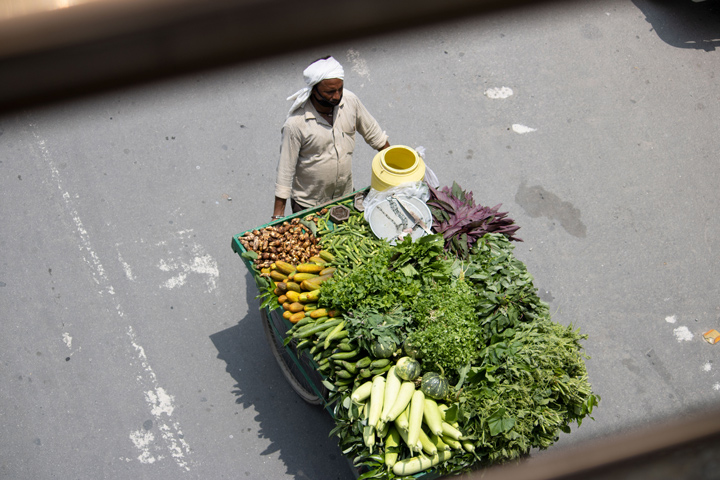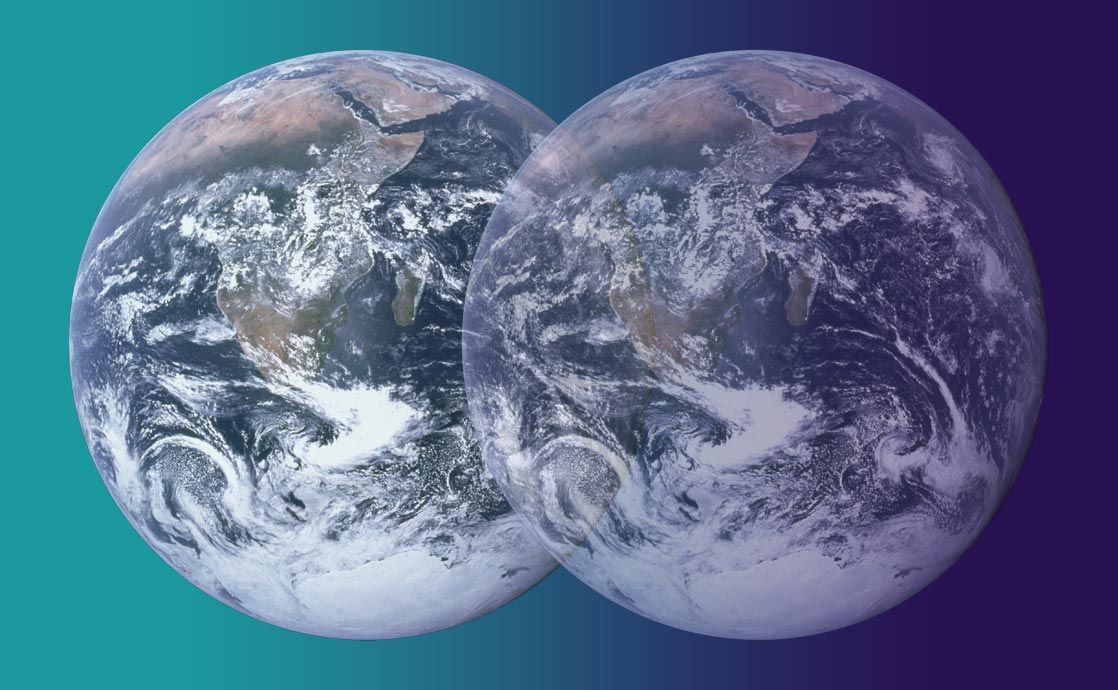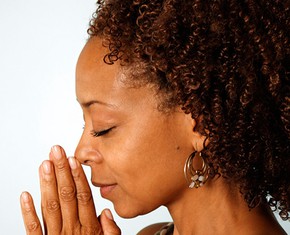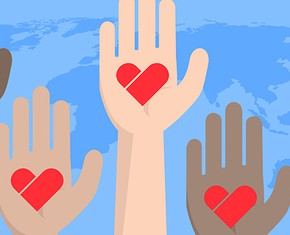The views expressed in our content reflect individual perspectives and do not represent the authoritative views of the Baha'i Faith.
During this past wild year of pandemic, politics and protest, I’ve been reminded many times of ancient Greek tragedies which often got so chaotic, and plot lines so complicated, that they seemed insoluble.
When a performance arrived at this seeming impasse, action would stop and a new character playing a deity would arrive via a crane or atop a platform that was either wheeled on stage or rose up from a trapdoor. This device became known in Latin as a deus ex machina, which translates literally as, “god from the machine.” Once poised above the stage, the deity character would speak directly to the audience and announce changes to the plot that, while improbable, would allow the play to continue and come to a satisfactory conclusion.
Register for a Bahai.chat conversation with Hugh Locke on ‘Navigating the Double Epoch’ Saturday February, 27 2021
With the world now at a level of chaos that seems insoluble to many, we have no choice but to be our own collective deus ex machina and come up with changes to humanity’s plot line. I would like to share some thoughts on how this might unfold.
Living Our History Moment
Switching from theater to literature by way of metaphor, it could be said that we are all characters in the opening chapter of a new book of life on this planet; history is being penned in real time as we live through a period of unprecedented worldwide upheaval and uncertainty.
The book begins in 2020 with an opening salvo involving four global crises: the most devastating pandemic in modern history, brought on by Covid-19; the first stages of a worldwide economic downturn, now showing signs of becoming a full-scale recession, triggered by the pandemic; America’s great racial justice reckoning and its reverberating impact on every continent; and, the rapidly escalating impacts of climate change. It seems as if a cosmic fulcrum has connected, anchored and vastly accelerated these crises by drawing them into a single Earth-encompassing vortex.
Unfortunately, there are more crises poised to join the fray. The coronavirus pandemic has disrupted global food supply chains and exacerbated the breakdown of food security in many developing nations, with famine now on the horizon in Yemen, South Sudan, northeast Nigeria, the Democratic Republic of Congo and Haiti. We’re also witnessing the slower but steadily building global crises of gender inequality, societal polarization, forced mass migration, and income disparity—each of them serious vortex contenders.

The big question: is this a global system collapse, a system reboot, or possibly a combination of both? Meanwhile millions, if not billions of people are trying to protect themselves and their families while grappling with how they fit into whatever is taking place around them.
Despite so many entries in the system collapse side of the ledger, the Baha’i teachings maintain that the overlapping global crises now rocking our world are the result of a larger and dynamic process of positive change at work on a planetary scale.
While that process begins with elements of system collapse, I am convinced we are ultimately in the first stages of a reboot. Chaos is shaking loose a dysfunctional status quo to create the conditions for the emergence of something new.
In an interview with Vogue Magazine in September of 2020, singer Billie Eilish described this “historic year” by suggesting, “It’s almost like the world itself just decided that it was going to lay all of this stuff down and let us figure out what to do.”
Perhaps figuring it out hinges on coming to terms with what it means to be human, and in particular the profound implications of the fundamental oneness of humanity.
Acknowledging the Source
At this point I would like to ask you, the reader, to take a break from these words and do a Google search for the phrase “oneness of humanity.”
You will find over five million results, and page after page of the initial entries are directly related to the Baha’i Faith.
Before you stop reading at the mere mention of religion, or at least a religion that is not your own, may I state clearly that I am not setting out to change anyone’s beliefs or lack thereof. My only goal is to take the concept of the oneness of humanity, as conceived of and implemented within the global Baha’i community, and look at how it might be applied outside the framework of its religious origins.
About Oneness
While the original teachings of every religion embody this concept of the essential oneness of the human family, it is reconceived within the core tenants of the Baha’i Faith as a practical modus operandi for the business of living. Oneness is set out as both a spiritual principle and a scientific reality, with applications that, for close to two centuries, have run the gamut from the individual through to the collective.
To be clear, this is not just about being nice to one another, however important that is. Oneness in this context is not a sidebar admonition to be dismissed as piety, nor can it be lumped in with the lyrics of Kumbaya (no offense to lovers of this campfire staple). Oneness is, in fact, a hardcore, disruptive and revolutionary idea with the potential to transform life on this planet.
Oneness is also not about supplanting sovereign countries. Instead, it calls for the re-organization of the global geopolitical landscape; for the nations of the world to act on a collective allegiance to the whole and not just the component parts:
“The well-being of mankind, its peace and security, are unattainable unless and until its unity is firmly established,” declared Baha’u’llah (1817-92), the prophet and founder of the Baha’i Faith. “The earth is but one country, and mankind its citizens.”
More recently the elected governing body of the Baha’is of the United States, the National Spiritual Assembly, wrote in a 2017 message:
The oneness of humanity is far more than a slogan or an abstract and unattainable ideal. It has profound implications for both personal behavior and for the way society is organized ― challenging many current assumptions and revolutionizing our conceptions of the relationships that should exist between the individual, society, and its institutions. Awareness of the spiritual reality of human beings carries with it the moral requirement that all be given every opportunity to fulfill their potential and to contribute to the advancement of civilization.
















Comments
Sign in or create an account
Continue with Googleor